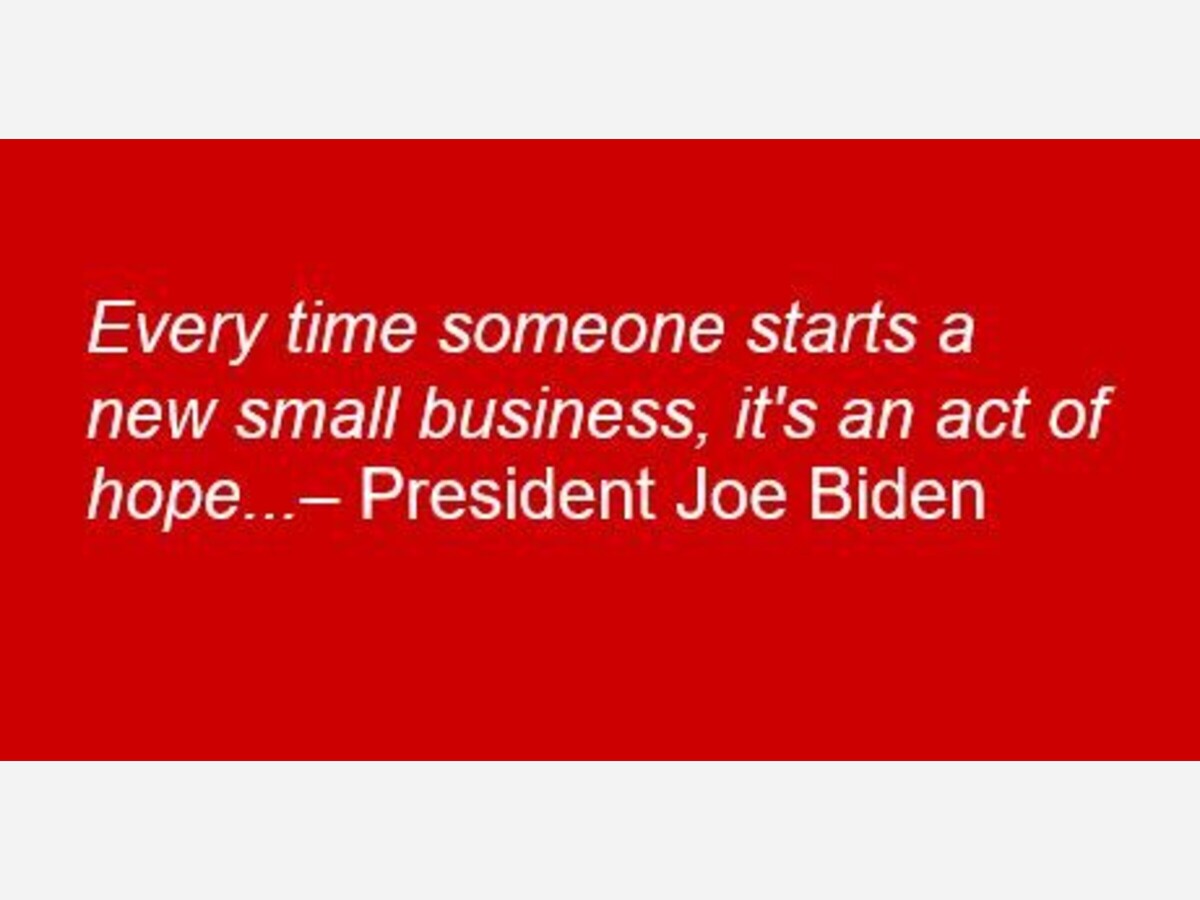Image

The National Federation of Independent Business (NFIB) released the 11th edition of its quadrennial report: Small Business Problems and Priorities. First published in 1982, this report is issued every four years by the NFIB Research Center. The 2024 report is based on a nationwide survey of small business owners, providing a comprehensive guide to 75 issues and their impact on Main Street.
“This survey is a great representation of how Massachusetts small business owners feel: inflation and other rising costs are causing concern for the future of their businesses,” said Christopher Carlozzi, NFIB Massachusetts State Director. “Small businesses throughout the Commonwealth continue to rank the rising costs of health care, excessive taxes, and steep energy costs as the top issues facing Main Street. However, new issues like credit card swipe fees have entered the fray and especially troubling for Massachusetts businesses included in the handful of states prohibited from passing that expense to consumers. We urge elected officials to hear the concerns of small businesses and work on providing them economic relief.”
“For the last four years, small business owners have struggled with historic inflation, tax pressures at all levels of government, and uncertainty of what’s going to happen next,” said Holly Wade, Executive Director of the NFIB Research Center. “This survey helps the public understand the issues affecting the small business sector. Small businesses employ nearly half of the private sector workforce, and this publication makes clear where lawmakers should focus their attention to strengthen Main Street and every community in which they operate. Despite the headwinds and economic challenges, small business owners are working hard to create new jobs and grow their businesses, but the threat of rising costs, taxes, and uncertainty gives Main Street pause.”
Key findings include:
Cost Pressures Fuel Small Business Concerns
Two of the Top-10 Problems are Tax-Related
Uncertainty Dominates Top-5 Small Business Concerns
The purpose of this publication is to offer a better understanding of which issues are most critical and of least importance for small business owners. This report will help state and federal lawmakers prioritize pro-small business legislation in the years ahead.
The findings of this publication are based on the responses of 2,873 NFIB small business owners/members to a mail survey conducted from February through mid-April of 2024. Owners evaluated 75 potential business problems individually and assessed their severity on a scale of “1” for a “Critical Problem” to “7” for “Not a Problem.” An average for each problem was calculated and served as the basis for ranking or rank-ordering problems.